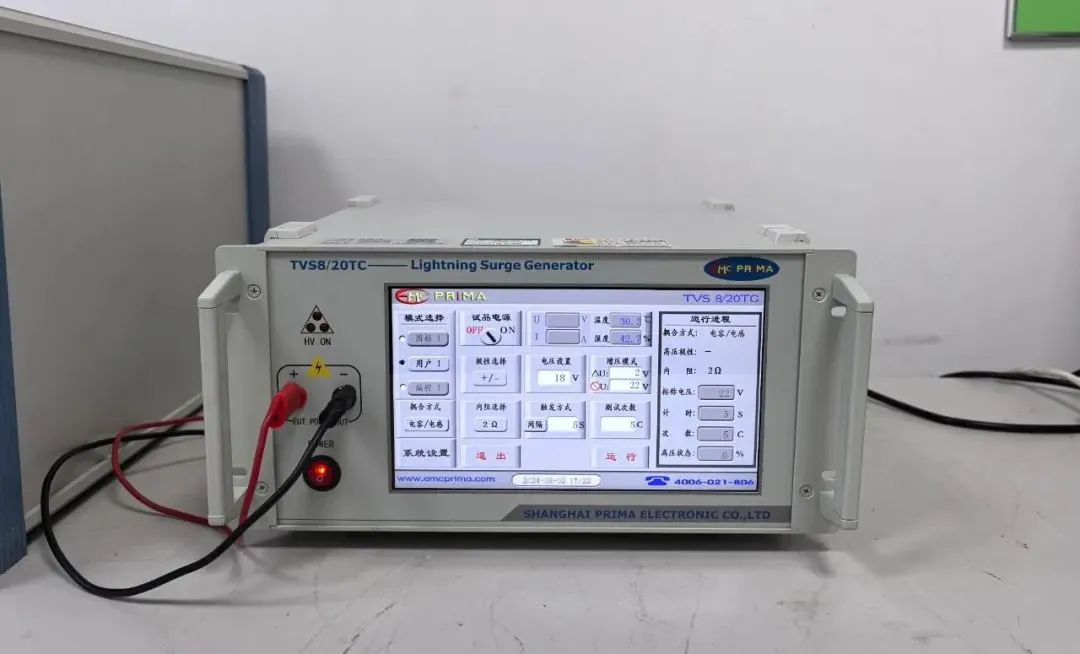
Mosquito Electric Swatter Amazon Certification
In recent years, the frequent outbreaks of mosquito-borne diseases such as dengue fever and chikungunya have made "mosquito control" a public health priority. As one of the household mosquito prevention tools, mosquito electric swatters are favored by consumers for their ease of use and immediate effectiveness. In the cross-border e-commerce market, the demand for these products is increasing year by year, while higher requirements are being placed on product safety and compliance.

1. Product Features and Risk Points
Mosquito electric swatters are small electrical appliances that usually rely on a high-voltage electric grid to instantly kill mosquitoes. Potential risks mainly include:
- Electrical Safety: Prevent electric shock, short circuits, and overheating.
- Electromagnetic Compatibility (EMC): Avoid interference with other electronic devices.
- Material Environmental Compliance: Plastic and metal components must meet restrictions on hazardous substances.
- Labels and Warnings: Ensure consumers use the product correctly and mitigate risks.
---
2. Certification Requirements in Major Markets
European Union
- CE certification(covers LVD – low voltage directive and EMC – Electromagnetic Compatibility Directive)
- ROHS Testing: Material environmental compliance
- WEEE Directive: Fulfillment of electrical equipment recycling responsibilities
United States
- FCC Certification: Ensure electromagnetic compatibility
- UL or Equivalent Standards: Safety performance testing (voluntary but widely recognized)
- CPSIA: Required if the product involves scenarios for children
United Kingdom
- ukca certification: Localized version corresponding to CE requirements
- UK RoHS: Restriction of hazardous substances
Other Markets
- Middle East (e.g., Saudi Arabia): saso certification
- India: BIS Certification
- Australia/New Zealand: rcm certification
3. Cross-Border E-Commerce Platform Compliance Requirements
Major platforms (Amazon, AliExpress, Temu, etc.) usually require:
1. Compliance certificates (CE, FCC, ukca, etc.)
2. Test reports (Electrical safety, EMC, RoHS)
3. Packaging and manual compliance: Must indicate voltage, power, safety warnings, and responsible party information
4. Seller Precautions
1. Pre-compliance Testing: It is recommended to contact service providers such as JJR Laboratoryfor registration to avoid listing rejection or removal risks.
2. Enhance Safety Labels: Mosquito swatters involve high-voltage currents and must have clear warning labels.
3. Stay Updated on Regulations: Monitor policy changes in the EU, US, and other markets.
4. Build Reputation Through Compliance: Testing and certification are not only market entry requirements but also key to establishing brand credibility.
Against the backdrop of global public health, the market demand for mosquito electric swatters is growing. Sellers can seize this market opportunity and achieve long-term development in cross-border e-commerce only by ensuring product safety and environmental compliance through early testing and certification.
Email:hello@jjrlab.com
Write your message here and send it to us
 How Do You Get a CE Mark
How Do You Get a CE Mark
 IEC 60529 IP Rating Ingress Protection Standard
IEC 60529 IP Rating Ingress Protection Standard
 IEC 60601-1 Medical Electrical Equipment Basic Saf
IEC 60601-1 Medical Electrical Equipment Basic Saf
 European Authorized Representative Medical Devices
European Authorized Representative Medical Devices
 EU Waste Electrical and Electronic Equipment Direc
EU Waste Electrical and Electronic Equipment Direc
 How to Get CE Approval
How to Get CE Approval
 Accelerated Ageing Test
Accelerated Ageing Test
 IP Ingress Protection Testing
IP Ingress Protection Testing
Leave us a message
24-hour online customer service at any time to respond, so that you worry!




